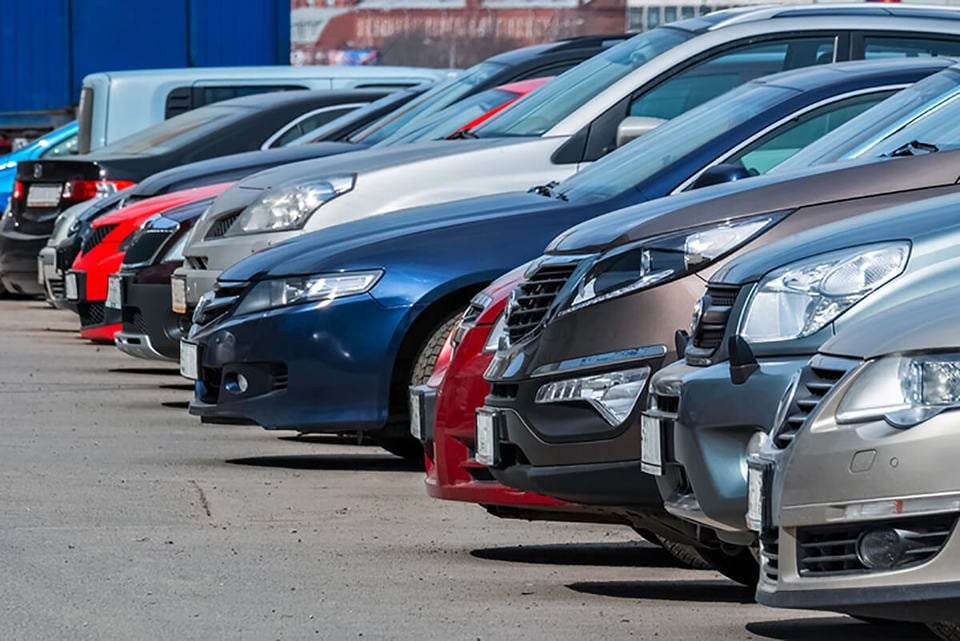A shift in car and van replacement cycles post pandemic, should be reflected in vehicle lease contracts and warranties, says FleetCheck.
The fleet management software specialist says that cars across its user base are now generally being operated for close to five years compared to 3-4 previously, while vans have moved from around 5-6 years to up to 7-8 years.
Peter Golding, managing director of FleetCheck, said: “Post-Covid shortages have meant most fleets have been forced to operate vehicles for much longer than originally planned and, in the process, have learnt that they can be safely and economically be operated on longer cycles.
“If you add to this the higher initial prices and uncertain residual values of electric vehicles pushing up costs, then there is considerable overall impetus to lengthen replacement cycles permanently, and this is something that we are starting to see happen on a formal basis with many companies now leasing for longer periods as a matter of course.”
The main issue around these lengthening cycles was the need for businesses to upgrade their service, maintenance and repair (SMR) arrangements, he added, and there was a strong argument that longer manufacturer warranties should form part of this move.
“While modern cars and vans tolerate age and mileage much, much better than in the past, they do inevitably need higher levels of maintenance over time, especially when it comes to the kind of unexpected breakdowns that cause the most disruption,” explained Golding.
“What we feel really needs to happen now is for manufacturer warranties to align to these new cycles.
“Obviously, some do offer warranties ranging from 5-7 years but there are several major fleet car and van makers who only provide three and, to our mind, this is inadequate for modern fleets and the lengths of time for which they now operate vehicles.”
Golding acknowledges that extended warranties mean manufacturers are likely to keep SMR within franchise dealer networks for longer, which he says, “potentially makes sense for all”.
“To some extent, this is sector-dependent but in many industries, most car drivers are accepting five-year replacement cycles,” continued Golding.
“Modern vehicles don’t just last for longer mechanically and electrically, but they are also better cosmetically over time.
“Employees are content to keep a car for longer if it stays looking good.”





















Login to comment
Comments
No comments have been made yet.